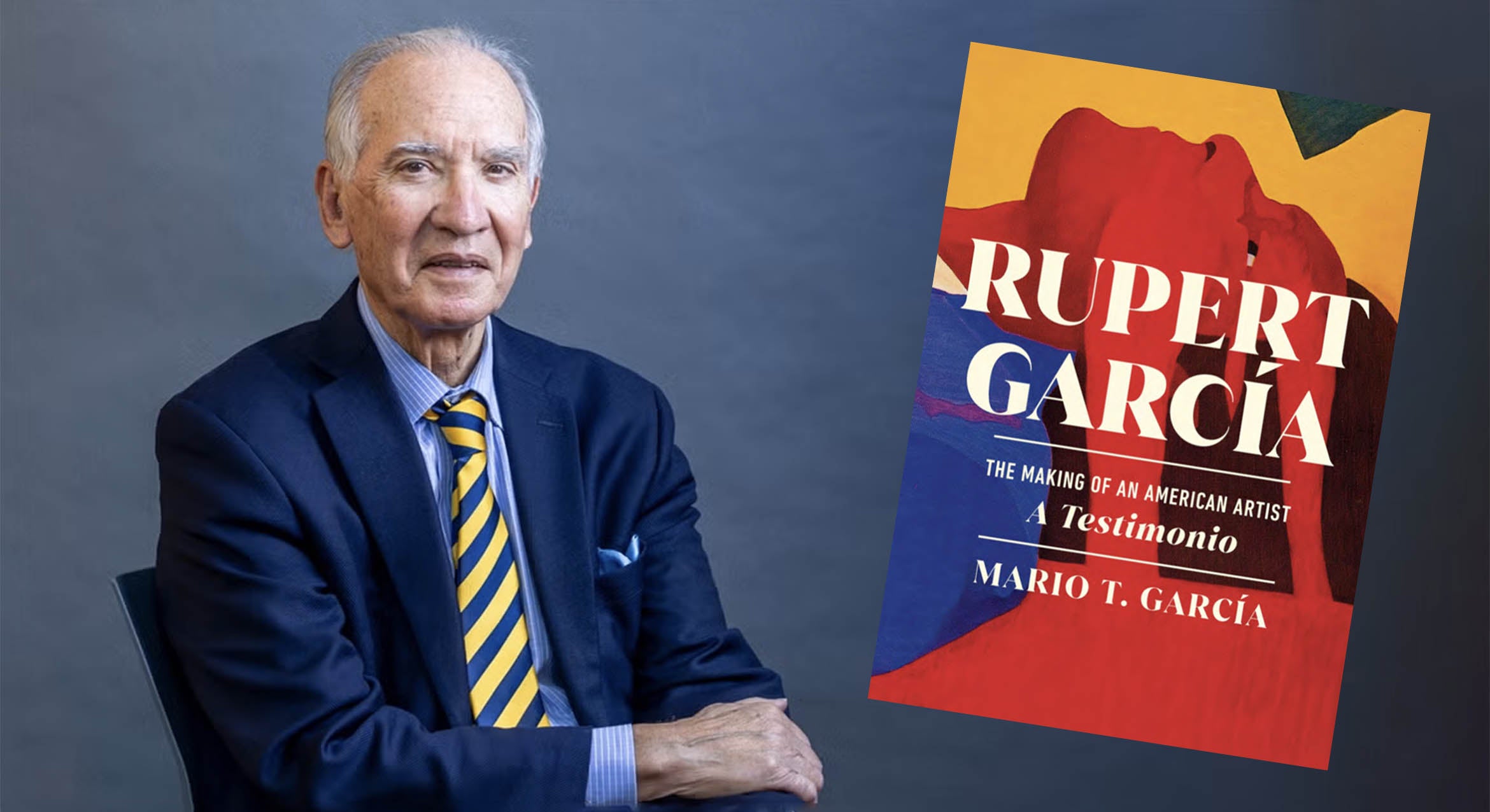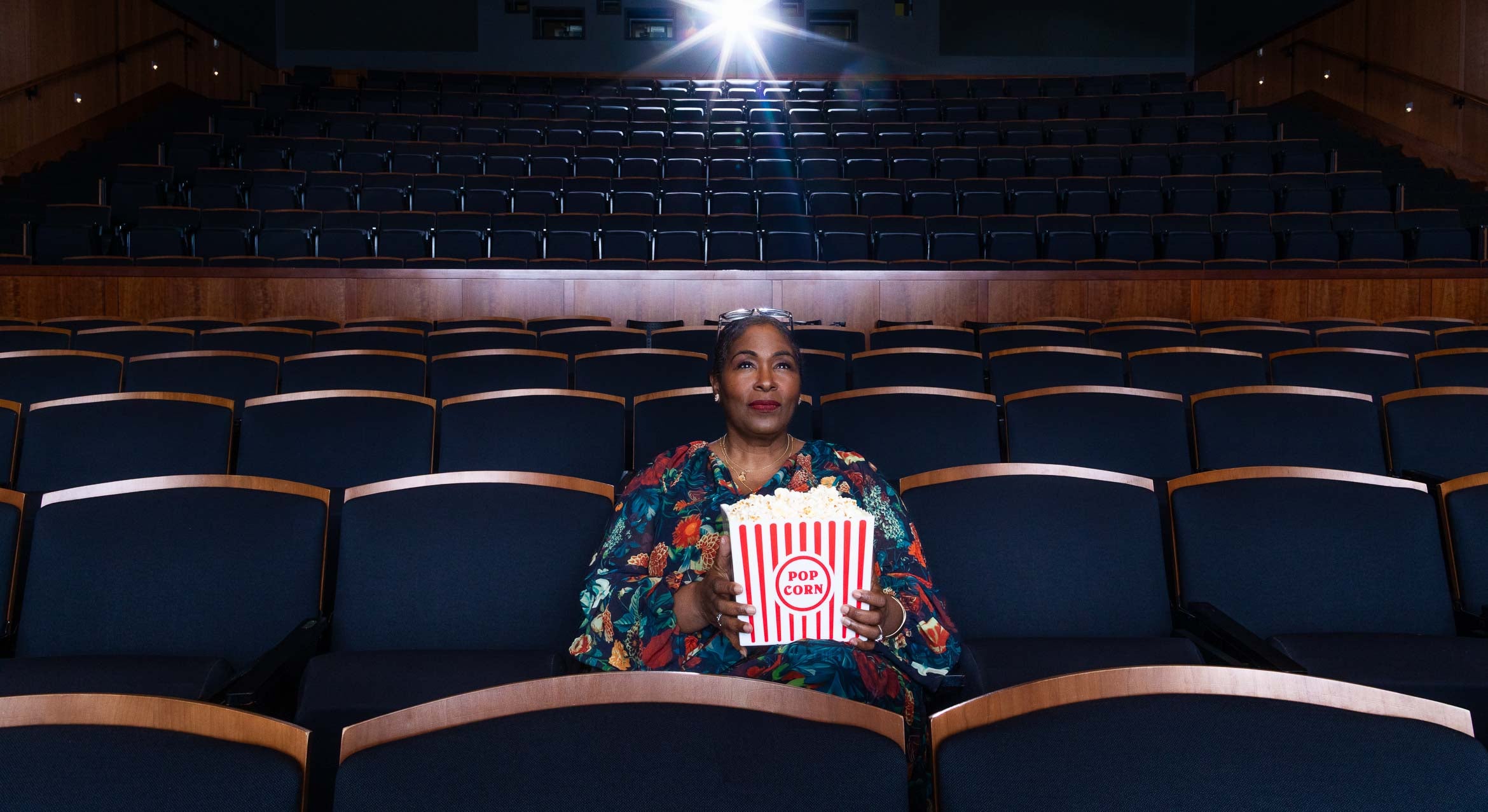As a Mexican-American teen-ager growing up in the San Joaquin Valley in the 1940s, Frances Esquibel Tywoniak could see her future laid out in front of her as straight and narrowly confining as a furrow in the fields in which her family toiled:
She might finish high school, she might not; few thought it mattered.
While still a teen, she would move on to a job in the fields or in the packing houses.
She would marry young.
Her husband, also Hispanic, would work in the fields as did her father, Teodoro and nearly all their neighbors in the distinctly Hispanic part of Visalia.
She would have children.
And one day they would take their places in the fields and barrios.
To Esquibel Tywoniak, the picture was unacceptable.
Migrant Daughter: Coming of Age as a Mexican American Woman, (University of California Press, 1999), written with Mario T. Garc'a, a University of California, Santa Barbara history professor, is the story of Esquibel Tywoniak's brave departure from that cycle of poverty and disadvantage.
In a high school environment that expected little from Hispanic students, she excelled, winning a scholarship to the University of California.
And as the book concludes, she has earned a bachelor's degree, arare feat for a Mexican-American woman in those times.
The book resulted from a 10-year collaboration between Esquibel Tywoniak and Garc'a.
"The story is of this courageous, determined girl and her struggle to achieve educational opportunities and to make something better of her life," Garc'a said.
But Migrant Daughter is much more than the story of a driven young woman's dream of an education and broader horizons.
It is also a recount of coming to terms with the conflict between the culture of her
home -- where her father allowed only Spanish to be spoken -- and of the larger society with its prejudices toward speaking only English.
Esquibel Tywoniak's maternal family had lived in New Mexico dating back many generations to Spanish colonization. Her father was an immigrant from Mexico.
Her parents came to California with Dust Bowl migrants looking for work in the fields of the world's most fertile farm land.
Growing up in the San Joaquin Valley was a trying time for Esquibel Tywoniak, who said she often felt as though she was living in three separate worlds:
the world of her loving Spanish-only home, the world of the English-only greater society which often looked at Mexican-Americans with prejudice and disrespect, and a third world that existed only in her mind.
But as she grew to maturity and strength, Esquibel Tywoniak gradually brought her worlds into one all-inclusive sphere.
"Through it all, she never breaks with her family culture," Garc'a said. "She goes through turmoil, she goes through tension, she goes through various forms of alienation trying to seek her own identity.
But she always maintains her connection with her family and her culture."
Later, she meets and marries Ed Tywoniak, the son of Polish immigrants.
"Fran's story tells us that Mexican-American identity is very complex and involves multiple influences," Garc'a said. "Fran embodies all these."
Esquibel Tywoniak was strongly influenced by the racism she experienced as a child.
"As a very young person, I experienced the hurt that comes from labels," said Esquibel Tywoniak who went on to spend her career as an educator and administrator in San Francisco schools and raised three children. "To this day, I fight against labels."
Esquibel Tywoniak's story provides valuable lessons to students today, Garc'a said.
"It's a story that's being retold every day here at UCSB where we have young Chicanos and Chicanas leaving their homes for the first time," he said. "That's a huge leap for them because in many instances their parents never went beyond high school."
Esquibel Tywoniak will join Garc'a to talk about her life and their book at 4 p.m. Friday, Feb. 17 in the McCune Conference Room at UCSB.
A reception and book signing will follow.
The authors will also be present at a book signing at Chaucer's Books, 3321 State St. in Santa Barbara at 4 p.m. Saturday, Feb. 19.



